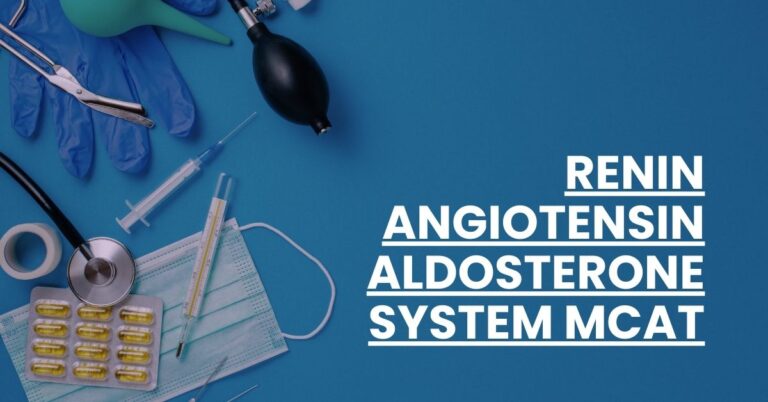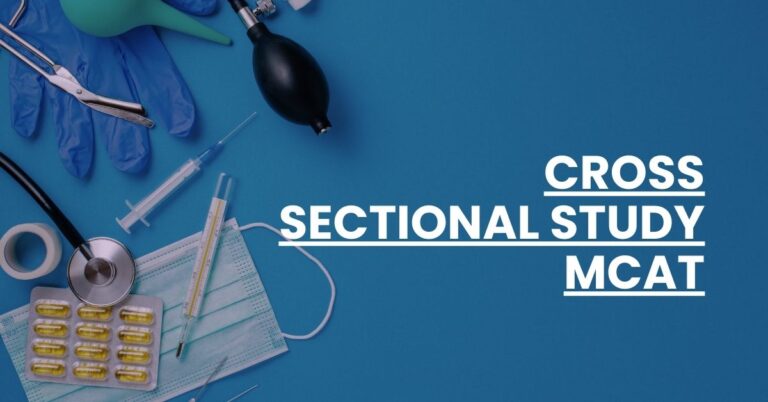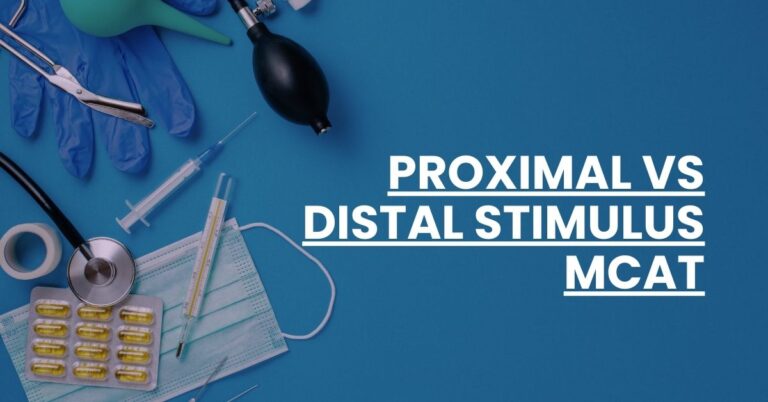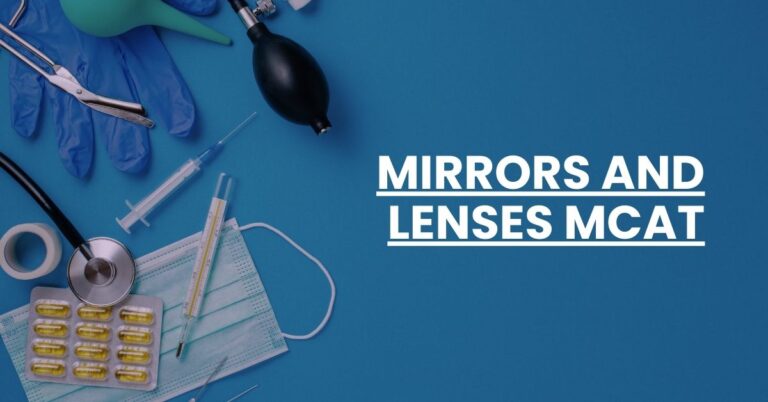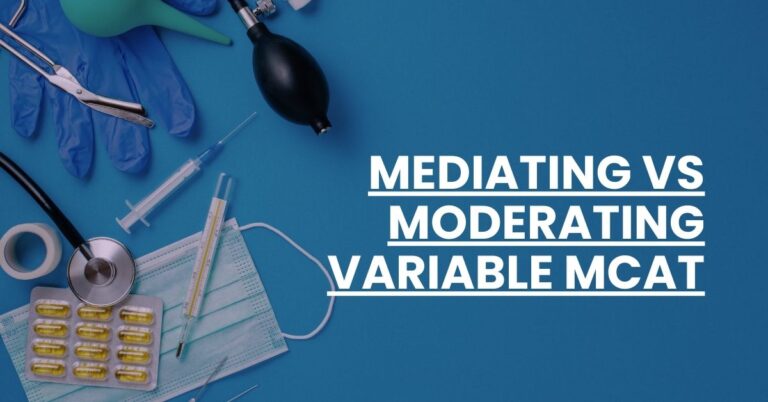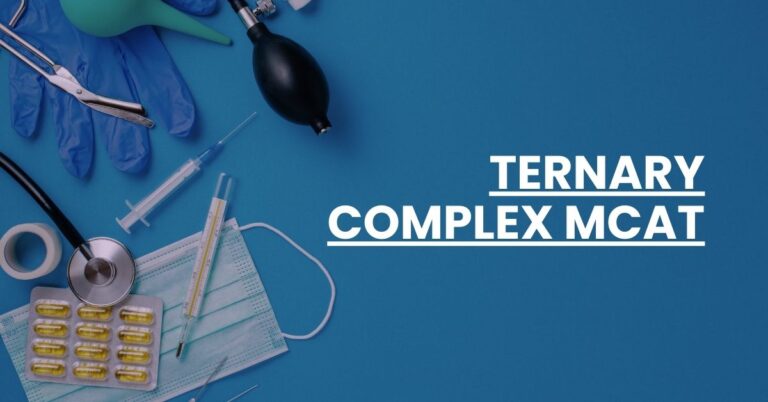LATEST RESOURCES
The Renin-Angiotensin-Aldosterone System (RAAS) is a critical physiological pathway for regulating blood pressure and fluid balance, making it an essential subject for the Medical College...
Strong acids are acids that completely dissociate in water, meaning that all of their acid molecules break apart into ions. This results in a high concentration of hydrogen ions (H+)...
A cross-sectional study is a type of research that analyzes data from a population at a specific point in time. For MCAT candidates, understanding these studies is crucial as they often...
On the MCAT, understanding the difference between proximal and distal stimulus is crucial for grasping how we perceive our environment. The proximal stimulus refers to the patterns...
Master mirrors and lenses MCAT skills to soar on test day.
Essential MCAT Concepts: Grasp the fundamental principles of optics, underpinning medical imaging techniques.
Image Formation:...
In preparing for the MCAT, differentiating between mediating and moderating variables is key to understanding complex research relationships. A mediating variable illustrates the process...
Gel electrophoresis is a technique gauging DNA, RNA, and protein sizes, playing a critical role in MCAT biochemistry sections. It’s essential for the “Chemical and Physical...
The Dichotic Listening Task on the MCAT assesses an examinee’s ability to process and recall auditory information presented simultaneously to both ears. This cognitive test is...
The Malate-Aspartate Shuttle is an essential biochemical pathway for transporting electrons inside cells and plays a key role in producing energy through cellular respiration. It’s...
In the context of the MCAT, a ternary complex is a molecular ensemble consisting of three different molecules, which could include enzymes, substrates, and cofactors. Students preparing...
No posts found
